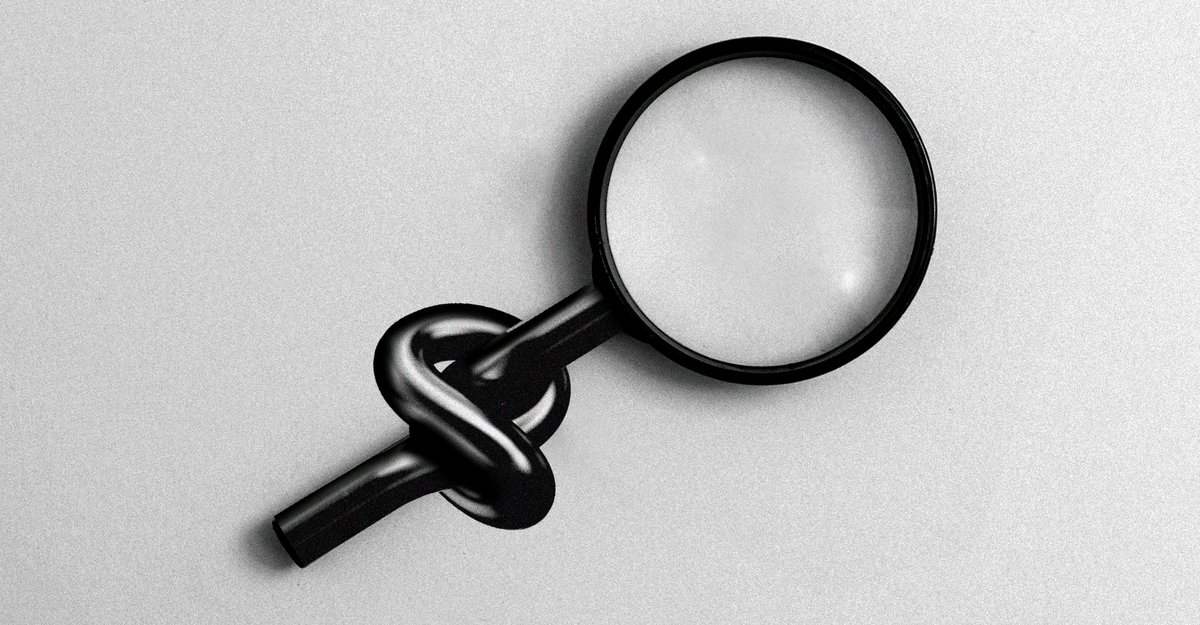Coleman Smith
Member

Six Reasons the Murder Clearance Rate Is at an All-Time Low
For the past 60 years, U.S. detectives have gotten worse at one of the most basic jobs of law enforcement.
"In the 1960s, more than 90 percent of all homicides were “cleared” by police, with an arrest or the identification of a dead suspect. But the clearance rate has declined in each of the past six decades. In the most recent data available from the FBI, the clearance rate hit an all-time low of just over 50 percent. That means that about half of all murders in the United States today go unsolved."
"Statistically, U.S. law enforcement agencies are the worst crime solvers in the Western world. According to official data, there are arrests for about one-eighth of burglaries, about one-third of rapes, and about two-thirds of murders. But official methods of reporting can distort and exaggerate murder clearance rates, and the official clearance rate has held steady for three decades, despite strong declines in the rate murders are being committed."

Sharp fall in Met's conviction rate for rape and murder
Force’s officer numbers also drops below 30,000 for first time in 15 years
"The rate for murder, which once stood at nine out of 10 solved, is now one in three unsolved. The rate for rape has declined in two years, from 13% to 7%. The fall in sanction detections, comes as violent crime is rising."
